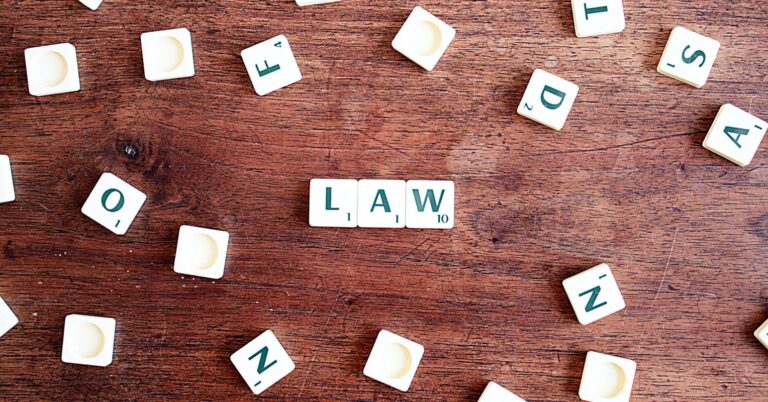
Source: sabinewanerp/Pixabay
For several years, I worked in the field of suicide prevention. I would hear stories from individuals who had meticulously planned their suicide—the day, the time, the way—only to have their minds changed at the last minute because someone in the breakroom at work expectedly took three minutes to sincerely ask how they were doing, or when passing in the hall, smiled and said, “Hope you have a good day.” Those couple of sentences somehow changed their view of the world and others and gave them hope.
Steve Miller is a psychologist who has extensively researched what makes therapy work. In one study, he interviewed therapists and their clients and asked each of them about the most positive moments in their therapeutic relationship. While the therapists often talk about some therapeutic breakthrough session—an aha experience where the client “got” the connection between their current problem and a longstanding pattern—the clients remembered their therapist offering to help jump their car battery or patting them on the shoulder after a particularly emotional session.
Finally, I’ve heard tons of stories (and you probably have too) from parents who remember, say, that wonderful trip they took with their kids to Disney World, while their now teenage or adult kids’ only memories of the trip were how the dad yelled at them while waiting in line at Space Mountain and wouldn’t let them get any ice cream.
The point is that our lives are indeed our own; each person’s reality and memories are different, and there’s often a gap between what you might think or remember as meaningful and what the other person does. You never know what sticks—what, of all you do, makes the most impact on others. Given that, what’s the best you can do? Here are some suggestions:
Realize that the best you can do is the best you can do.
Despite your attempts to help craft that wonderful Disney experience with your kids or to say the absolute right thing to a struggling employee, you never can fully know the ultimate impact of your interactions. What you can do is best shape the immediate situation. If your child is melting down at Disney World, you want not to yell and criticize but to be empathic. If your employee is feeling overwhelmed, it’s time to skip the lecture about stepping up and, instead, listen and ask how you can help.
Assume that others only see your behaviors, not your intentions.
You’re trying to support your teenage daughter, who is struggling over some school assignment, but she only hears criticism or micromanaging. You’re trying your best as a supervisor to help your employee solve a problem, but his response is defensive.
You both are obviously out of step; there’s a gap between your intentions and what they hear—time to repair and clarify. You apologize to your daughter or your employee for sounding critical or controlling. Next, you step back and state your intention—that you want your daughter to not be so hard on herself or that you’re worried that your employee is feeling overwhelmed, and your hope is that with specific training, you will feel more competent. Talk about soft emotions like worry and concern rather than hard emotions like frustration, anger, and upset. Better yet, state your intentions using I-statements at the start—here’s what I’m worried about.
Ramp up the positives to offset the negatives.
Evolutionary biologists tell us that as a necessary survival mechanism, our brains are still naturally hotwired to hear the negative rather than the positive. And John Gottman’s research with couples supports this—that we need to have a strong ratio of positive to negative comments (4 to 1, 5 to 1) in relationships for the other person even to hear the positive. To create that positive impact, load your messages with positives and focus more on what others are doing right than what they’re doing wrong.
Develop your own ethical code.
So you’re not trying to reshape yourself for each interaction. Create your ethical code. As an adult, decide how you want to treat others and the principles you want to live by. This one-size-fits-all approach provides a foundation for action, a default way of being that sets your priorities and, with practice, becomes who you are.
You never know what might make a difference, but that doesn’t mean you can’t do the best you can.





















+ There are no comments
Add yours